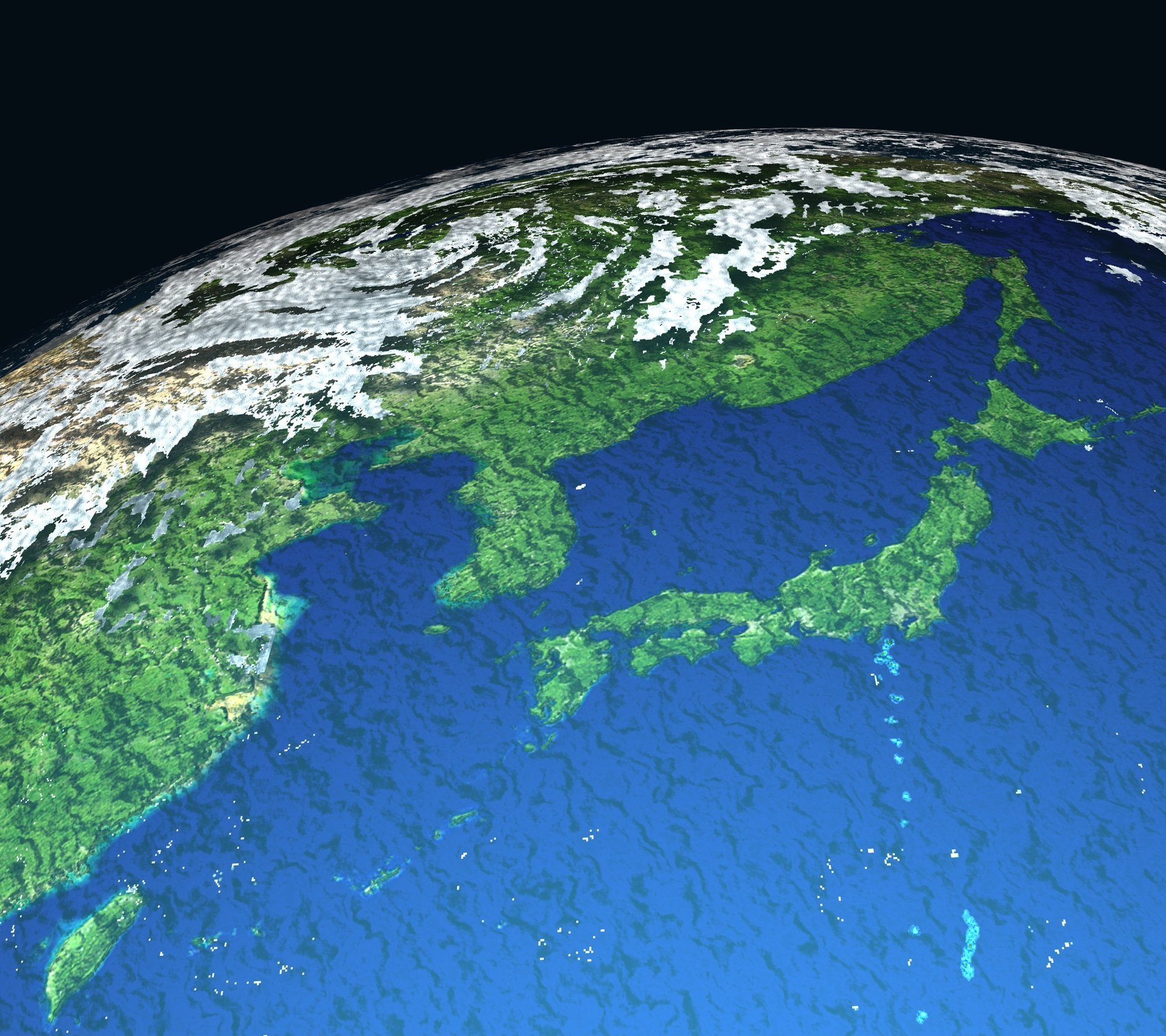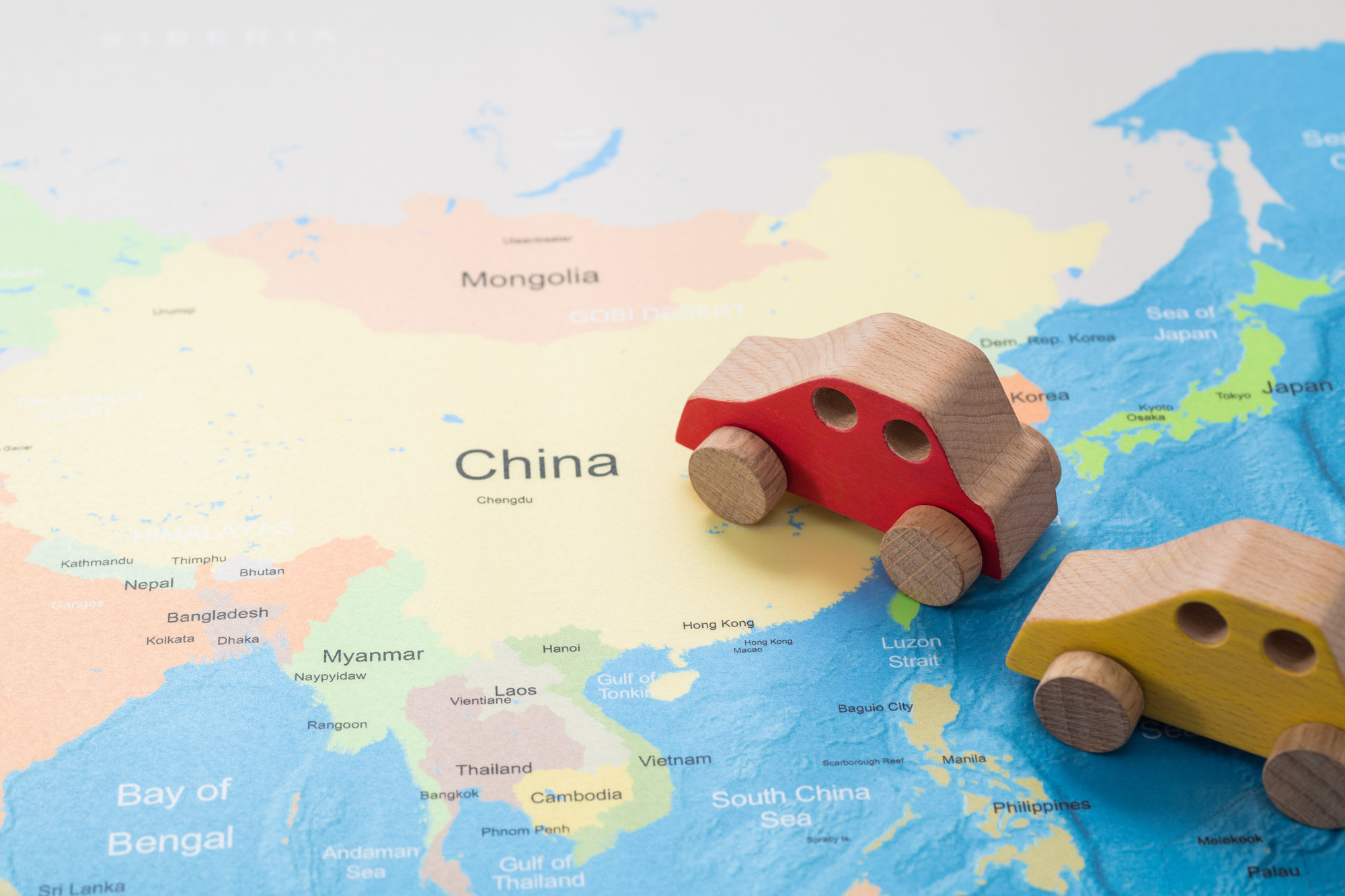2012/07/03
No. 154: Izumi Kobayashi, "Japan Should Turn the Island Summit into a Permanent Institution"
[PDF version]
On May 25 and 26, the Sixth Pacific Islands Leaders' Meeting (Island Summit) was held in Nago City, Okinawa. The Japanese media paid no attention to earlier meetings although the past five meetings had brought together the heads of state of as many as 14 island countries and regions (Papua New Guinea and Fiji were absent from the 6th Meeting). However, major newspapers, television, and even local newspapers covered this year's meeting as big news.
This increased attention in Japan is a welcome sign but there is some concern as well. The media headlines read "Checking growing Chinese maritime hegemony" or "Warning against Chinese maritime expansion," and tried to use the China factor to explain the United States' first participation and the absence of Fiji. It is true that China's growing presence in the Pacific has changed the international relations among those island countries, but the "Island Summit" was initiated by Japan in 1997 and had nothing to do with the Chinese presence in the Pacific.
Most Pacific island countries became independent in the 1970s and '80s. These countries form a group of young, independent, and developing nations that share the Pacific Ocean with Japan. It was of necessity that Japan, as a major promoter of economic assistance, provided official development assistance, for Japan's international cooperation policy envisioned growth in developing countries, improvements to peoples' lives, and stability in the region. Japan thus became a major donor for the island regions but, unlike Australia, New Zealand and the United States, which had maintained close traditional relations as former colonial masters, Japan did not have any opportunities for summit-level dialogues. The Island Summit provided such an opportunity. The establishment of such a meeting was Japan's responsibility as an economic power in the region and a reflection of Japan's national interest.
All six Island Summit meetings confirmed the importance of people-to-people exchanges, sustainable development, regional stability and so on, while promoting discussion on initiatives to create even stronger bonds between Japan and the island countries. Reflecting regional circumstances, topics such as the buildup of social infrastructure, the prevention of floods, tsunamis and other disasters, responses to environmental changes resulting from development, resource use and economic development, and maritime security have been added to those initiatives. The Japanese government's assistance to the island countries amounted to 10 billion yen annually, with this amount gradually increasing to 16 billion yen per year in the past three years. At the latest summit, the Japanese government pledged assistance totaling US$500,000 over the next three years. The Japanese government, which faces severe fiscal constraints, pledged the amount in US dollars for the first time to maintain the level of assistance by taking advantage of a strong yen. Japan's consistent policy toward the island countries is clear in the Island Summit Joint Statement and the continuity of its assistance.
However, Japan's island country policy cannot ignore the ever-changing situation in the Pacific. Engagement with the island countries needs to be understood in the broader context of international relations. This is why it is important to maintain relations based on strong bonds in order to meet expected and unexpected changes in the future. This was the intent behind the establishment of the Island Summit.
The problem is that this intent was not necessarily understood among the general public. This is shown in the short-sighted media coverage that focused on "the protection of fishery and sea lanes," "vote-getting at the United Nations," or "checking Chinese advances into the Pacific."
Now that the 6th meeting is over, it is time to define the final goal of the Island Summit to avoid any misinterpretations. The goal should be the establishment of a standing regional institution. This is realistic since most regional institutions originate from conferences. As a result of the last Island Summit, the "Pacific Environment Community Fund" was established and, as a proponent of this Fund, I intend to develop it into a standing institution in the future. Since Japan is the only country among the advanced countries that has not formed any regional group, it is important for Japan to have a permanent dialogue mechanism and to establish an organization that implements the results of dialogues. This will lead to stable regional development and security for Japan, and will enable Japan to deepen solidarity and cooperation with the island countries with which it shares the vast Pacific Ocean. This is a desirable vision for the international contribution required from Japan.
Japan cannot maintain a unifying force for the island countries just by organizing the Island Summit every three years without providing a clear future vision.
Dr. Izumi Kobayashi is a professor at Osaka Gakuin University.
The views expressed in this piece are the author's own and should not be attributed to The Association of Japanese Institutes of Strategic Studies.





